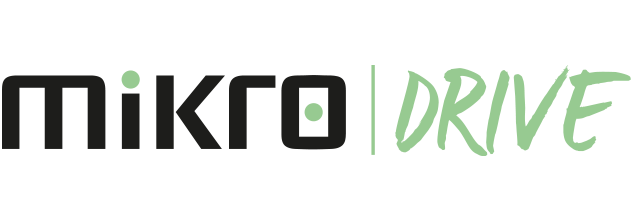

Mikro Drive applications are applications that can be downloaded and used in the form of a setup file. For this reason, access is provided only on the web.
It is a system that enables the presentation (Streaming) of all media archives (photos, videos, audio and electronic content) in the institution via HTML5 web pages, smart phones and tablets. In addition, it is a module that allows users to preview the photo, video and audio files in their own content and to watch the related multimedia files without having to download them to client devices (pc, smart phones).
Note: If desired, the Media Show area can be used in an open position (for everyone outside the institution/company to see) or closed to the outside (inability to access from outside the institution/company).
The WebDAV (Web-Based Distributed Authoring and Versioning) protocol was developed by the IETF, it is a protocol that allows us to easily save, edit, copy, move and share files from web servers. Thanks to this protocol, we can work directly with files on a web server, like a Samba or FTP server. Currently, most modern operating systems, Windows, Linux or macOS, allow WebDAV support, making it appear as if files on a WebDAV server are stored in a directory.
Mikro Drive supports the WebDAV protocol. You can easily access your files in Mikro Drive by following the installation steps suitable for your operating system.
It is the module where all the legislation owned by the institutions and the common access content to be shared with the users are uploaded to the system and presented to the users through the portal as a common access area. Through this module, users can easily access any information they want by scanning the entire corporate memory without changing, adding or deleting the data.
All sharing and joint group management are carried out through this system. All common sharing management to be carried out within and outside the institution is within this module.
Note: The uploading process of the documents that will be displayed in DivvySearch is carried out by authorized users (users with access to the administration panel) under the Public Folders > DivvySearch folder.
Thanks to DivvDrive Folder Listener, it is possible to instantly backup your folders on your computer's desktop without logging into the Drive system.
Folder Listener Installation on ComputerNote: All kinds of changes in the files in the folder backed up on the desktop of your computer without logging into the Drive system are updated instantly in the Drive system.
Note: It is possible to turn off only the display of the screen with the X button. The “Disconnect” option must be selected to stop backing up folders.
Note: To run Folder Listener with another user, Program > Exit steps must be followed.
Thanks to DivvDrive DivvyFlash, files and folders in the drive system can be managed from the desktop of your computer. Thanks to DivvyFlash, file types that can be stored in Mikro Drive but cannot be opened can be opened through licensed programs installed on your computer.
The Bulk Data Transfer module allows you to upload the data on your computer once and in bulk to the cloud without accessing the web.
With the Divvy Add-On application, it is possible to send large files with a single mail without filling your mail quota.